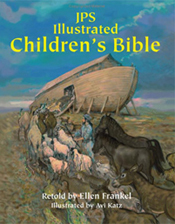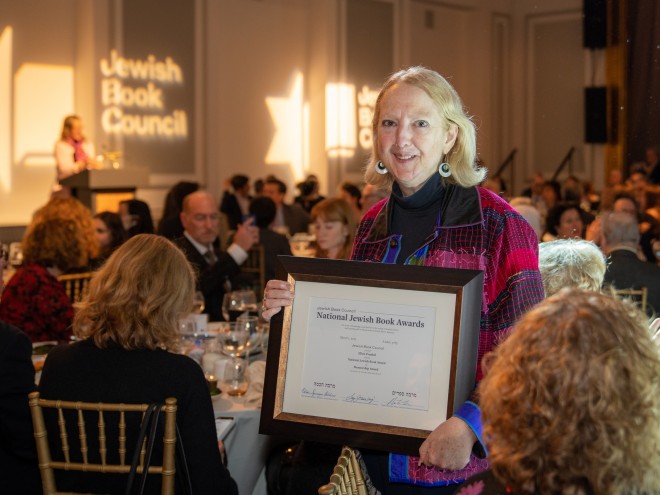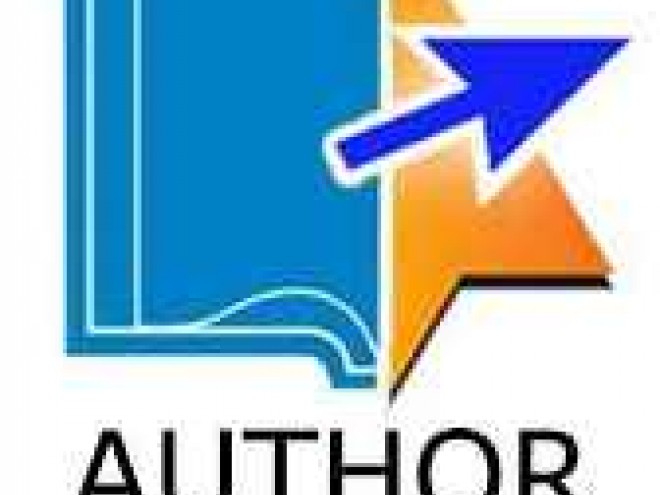In her last posts, Ellen Frankel looked at how to make the Bible PG and looked at “What is Jewish Literature?”. She has been guest-blogging all week for MyJewishLearning and JBC.
 In this week’s parshah, Noah, we read about the Tower of Babel, constructed at a time when “everyone on earth had the same language and the same words” (Gen. 11:1). But because the Tower’s builders thought that they could storm the gates of heaven, their speech was “confounded…[so that they could] not understand one another’s speech” (Gen 11:7). The Bible puns on the Hebrew words, bavel, referring to ancient Babylonia, and balal, to mix up. And so the people had to stop building the tower and were “scattered over the face of the earth” (Gen 11:9). And so we remain to this day — dispersed, speaking a babble of languages, not understanding one another.
In this week’s parshah, Noah, we read about the Tower of Babel, constructed at a time when “everyone on earth had the same language and the same words” (Gen. 11:1). But because the Tower’s builders thought that they could storm the gates of heaven, their speech was “confounded…[so that they could] not understand one another’s speech” (Gen 11:7). The Bible puns on the Hebrew words, bavel, referring to ancient Babylonia, and balal, to mix up. And so the people had to stop building the tower and were “scattered over the face of the earth” (Gen 11:9). And so we remain to this day — dispersed, speaking a babble of languages, not understanding one another.
As I prepare to step down at The Jewish Publication Society after eighteen years, I am struck by how much of my work has been devoted to translation, not only from foreign languages, ancient and modern, into English, but also from foreign contexts into an idiom accessible to contemporary Americans. Whether it’s the Mekhilta, a second century rabbinic Midrash on Exodus, or the teachings of the Sefat Emet, a late 19th century Hasidic master, most of today’s Jews need interpreters to guide them through the unfamiliar terrain of Jewish texts, written is so many exotic dialects: philosophy, ethics, halakha, theology, feminist criticism, folklore, history, poetry, and prayer. Without translation, these languages remain opaque.
Of course, neither my work nor that of my illustrious JPS predecessors, beginning with Henrietta Szold (who herself translated Graetz’s History of the Jews 

Yet I believe that the modest work of translating Jewish texts into words that we moderns can understand is nonetheless essential to healing our people’s disunity, if not the rest of humanity. For how can we build anything together if our speech is confounded into a noisy discord, so that we cannot understand one another’s speech? Now more than ever, we need all the wisdom that we can find, and we need to make sure that we share it in words that bring us closer together.
Ellen Frankel has been blogging all week for MyJewishLearning and Jewish Book Council. Check out her new book, JPS Illustrated Children’s Bible.
Ellen Frankel served for 18 years as Editor in Chief of JPS. She received a Ph.D. in Comparative Literature from Princeton She has published eleven books, most notably The Five Books of Miriam. She has also written librettos for chamber pieces and two operas. She has traveled widely as a Jewish storyteller. The Deadly Scrolls is her first mystery.



